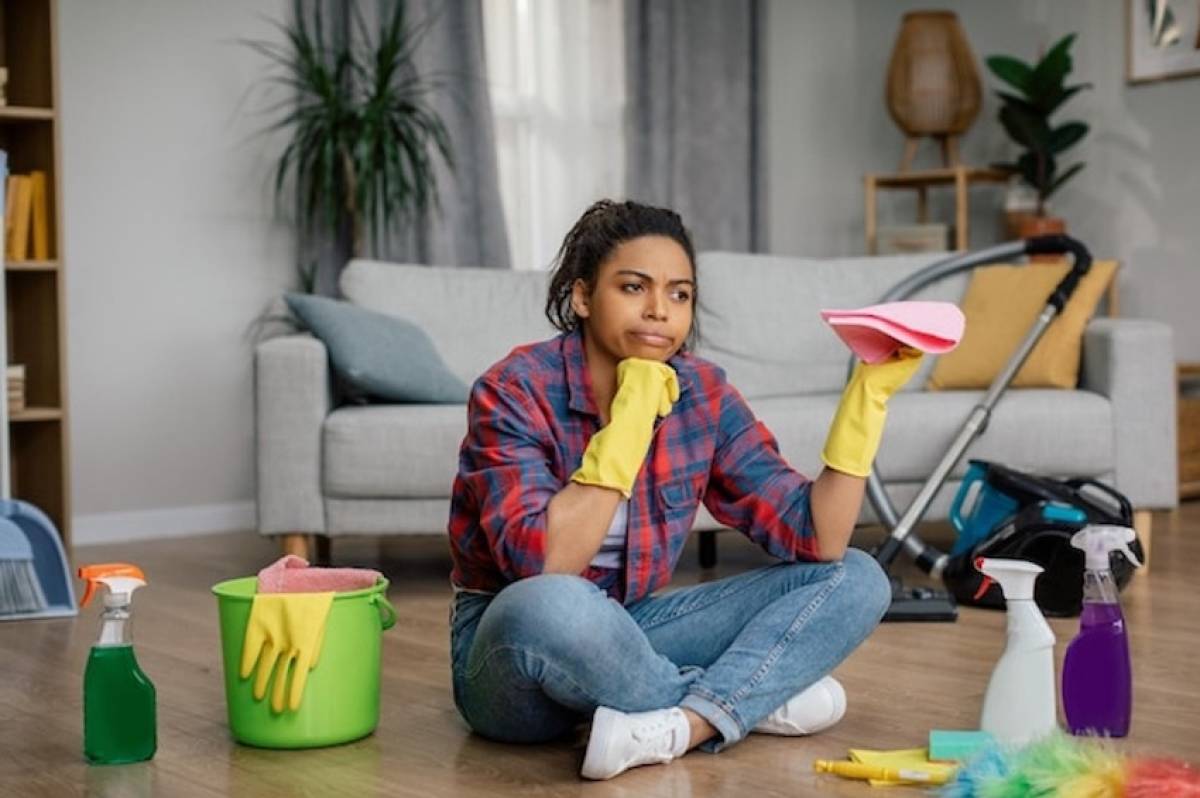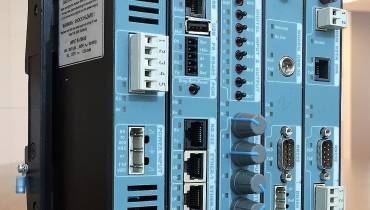Cleaning Mistakes That Are Damaging Your Household Items

Household chores are a necessary—albeit dreaded by people around the world.
In the UK, the average person spends over 2000 days doing chores throughout their lifetime. Meanwhile, 80% of Americans will spend nearly a year of their life doing chores. On an average chore day, women spend two hours and 42 minutes on household tasks, while men spend two hours and 12 minutes.
With this, it can be easy to slip into the routine of using the same techniques to clean our household items, but some common cleaning methods could actually be doing more harm than good to your household items.
Common cleaning mistakes that are causing damage to your home
Intrigued to find out more about people’s cleaning habits when doing their chores, experts at Clear it Waste commissioned a study and discovered common methods that are damaging to our household items, and recommend how we can adopt more appropriate methods:
1. Mopping against the grain
It is easy to end up mopping against the grain of your floor, especially if you’re in a hurry. However, this can cause dirt particles to get stuck in the crevices of your floor, as well as cause streaks.
Alternative:
It is a better option to make sure you are mopping with the grain rather than against it. This ensures no dirt gets stuck in the crevices of your floor, leaving your floor with a streak-free shine!
2. Using hot water to clean grease or oil
Many of us may opt to choose hot water to tackle grease and oil, hoping it will be more effective. However, Jade Piper, Content Manager of Better Cleans, states:
“Hot water can actually cause grease and oil to spread and become more difficult to clean.”
Alternative:
Try using cool water to clean grease and oil spills, as this can not only make the cleaning process easier for you, but also can help you save on your energy bills.
On average, over one-fifth of our energy bills arise from heating our water, according to the UK Energy Saving Trust. Therefore, switching to cool water where possible, can help bring this cost down.
3. Using hot water to wash all of your clothes
Not only does this method have the potential to rack up your energy bill, but it also can damage your clothes. Hot water holds the potential to damage natural fabrics in our clothes, not only ruining them but decreasing the lifespan of your wardrobe.
Alternative:
Instead of using hot water in every wash, use cool washes for most of your loads of washing.
You can use hot water in your all-white washes but always try to use cooler water whenever you can, to help keep your clothes in good condition, and keep your energy bills down.
Choosing a wash temperature of 30℃ rather than 40℃ can actually save you up to 57% on running costs.
4. Using rough sponges on stainless steel items.
After cooking, it is a common mistake to scrub your pots and pans with abrasive sponges that we think will remove stains quicker. However, using rough sponges will only scratch and damage steel pots, pans, and stovetops.
Alternative:
Using a non-scratch sponge or even a pad will work just as well, without the risk of scratching and damaging your kitchenware.
5. Scrubbing Stains
This method can seem like a go-to when you’re panicking about carpet stains or a stain on your favourite top.
However, it is reported that the scrubbing action can actually damage your carpet fibres and other fabrics, leaving you with damaged items.
Alternative:
Instead, try and blot the stain gently until dry, and treat it with a stain remover. However, remember to test this on a hidden area of the fabric beforehand, to ensure it won’t harm any of your household items.
Joshua Clarke, a spokesperson from Clear it Waste, concludes by saying:
“With the spring-cleaning season approaching, many of us may opt for using the same techniques as we usually do. However, it is crucial to ensure you aren’t repeating these common cleaning mistakes in your home, as over time they will ultimately damage your household items, making things harder and more expensive in the long run.
The alternative tips are important to consider, as they can make the task of cleaning less difficult, with some also helping us consider ways to save money on our energy bills, which can be crucial at present.”













![9 Tips for Managing Your Online Writing Projects Efficiently [node:titile]](/sites/default/files/styles/video_thumbnail_bottom/public/open-book-laptop-online-writing-tips.jpeg?itok=rI4zR3a-)






